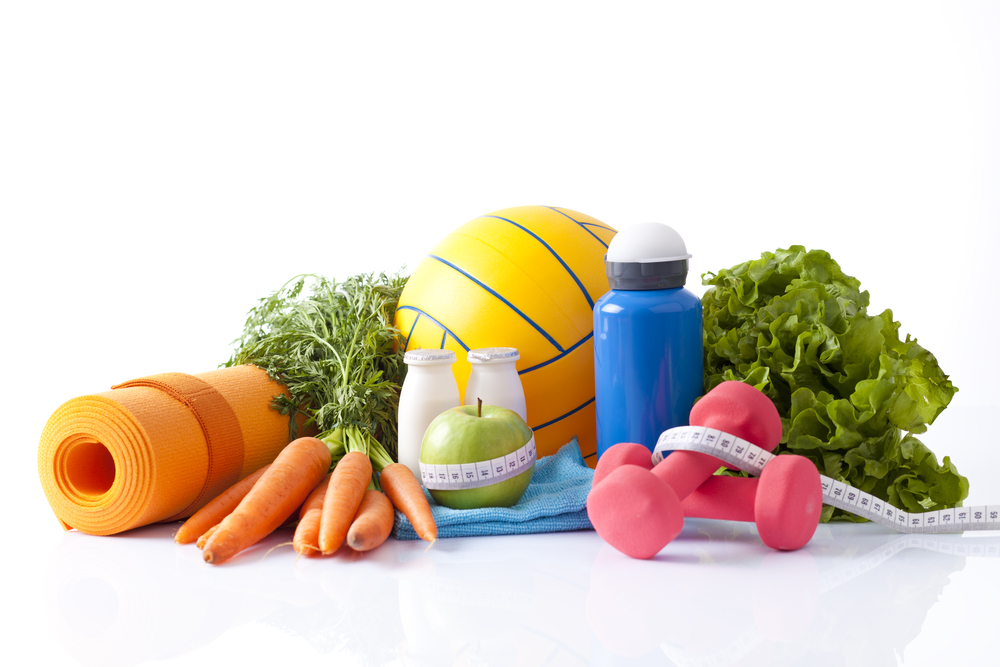65 million Americans have been diagnosed with High blood pressure. High blood pressure or hypertension is an asymptomatic (symptomless) illness that silently damages blood vessels and leads to serious health problems.
If you have been diagnosed with high blood pressure and thinking of ways to manage the illness, it is important to monitor your blood pressure regularly and know your numbers. Monitoring your numbers can keep you informed of any changes and help you detect patterns and reveal if the changes you have made are working.
It is also important that you listen to your doctor and educate yourself about high blood pressure.
By making significant lifestyle changes, taking medications and working with your health care team, you can control your high blood pressure to help prevent future complications.
Here are 8 lifestyle changes you can make to manage your blood pressure and keep it down.
- Maintain an ideal and healthy weight.
One of the effective means of reducing elevated blood pressure is maintaining a healthy weight. Losing the smallest amount of weight if you’re overweight or obese can help reduce your blood pressure.
- Quit smoking.
Smoking substances such as tobacco are significant risk factors for a variety of chronic disorders including heart and blood vessel disease.
- Limit Alcohol intake
Drinking too much alcohol increases your blood pressure and makes it more difficult to treat high blood pressure.
- Exercise Regularly
Engaging in regular physical activities can help with lowering your blood pressure and maintaining good health.
- Eat healthy.
Eating diets rich in whole grains, fruits, vegetables and low-fat dairy products and skimps on saturated fat and cholesterol can lower your blood pressure.
- Reduce your intake of Sodium.
Reducing the amount of sodium in your diet can lower blood pressure. Sodium should be limited to no more than 2,400 milligrams of sodium per day, with a goal of lowering it to the barest minimum. Sodium is found in table salt and many of the foods we eat, most commonly, preserved foods, canned foods, luncheon meats, cheeses and snacks.
- Reduce stress
Avoid or eliminate situations that bring about stress. Increase in your stress level can affect your blood pressure level.
- Get Support
To control high blood pressure, you must work with your health care providers. Keep track of your blood pressure and regularly take your medications.
By effectively taking steps to make these lifestyle changes, taking medications and working with your health care team, you can control your high blood pressure to help prevent future implications.

